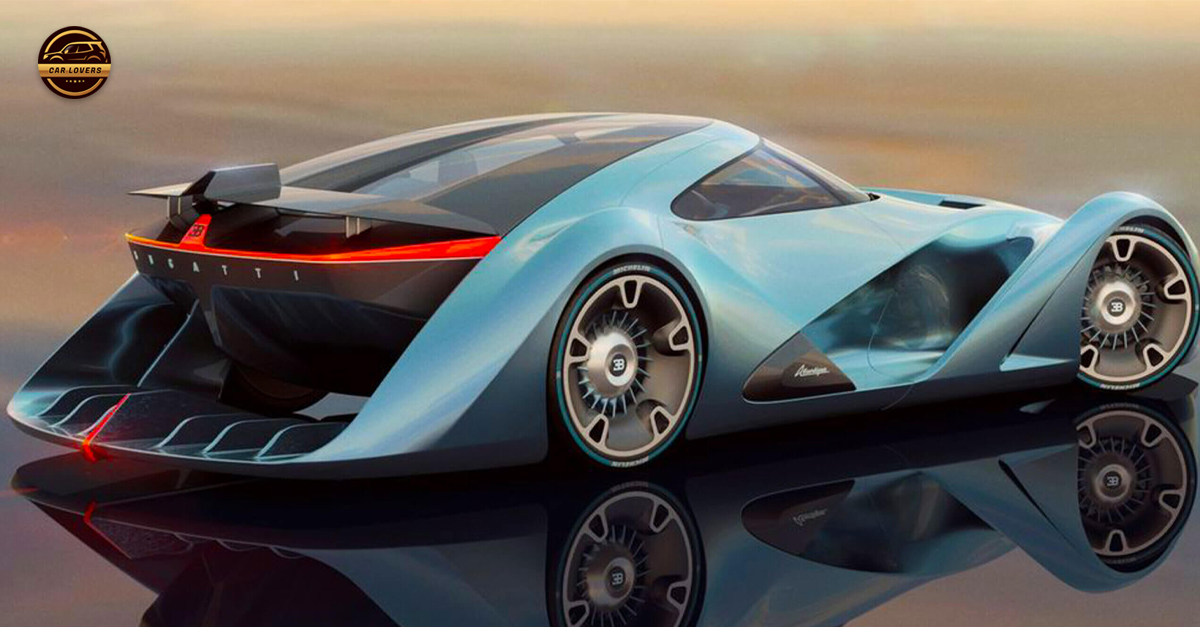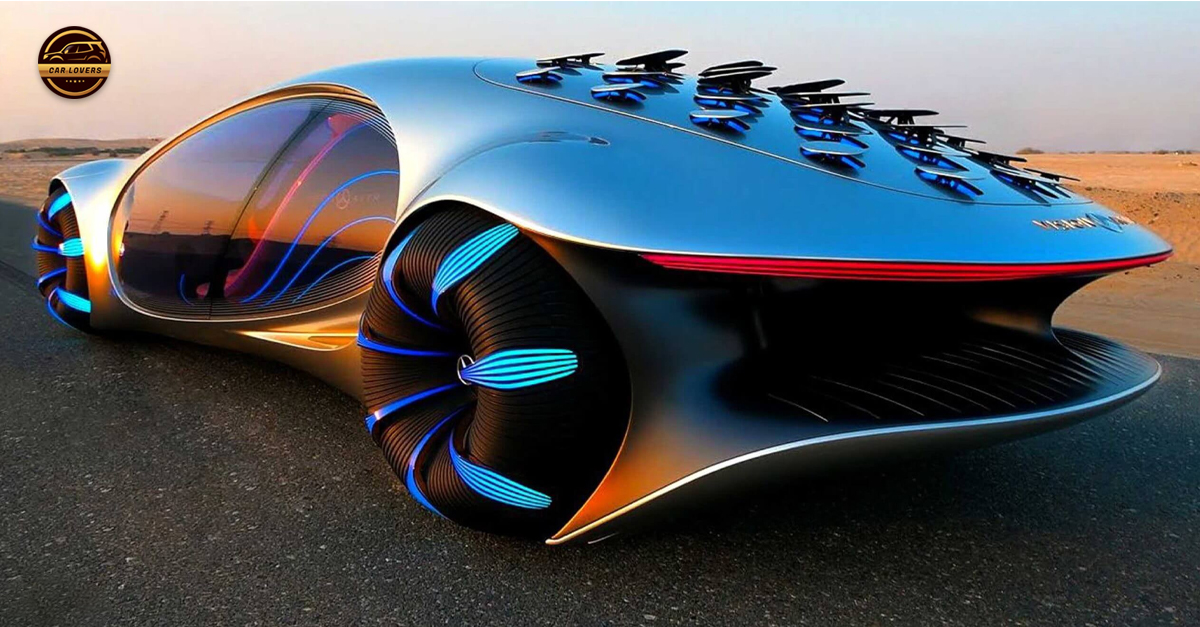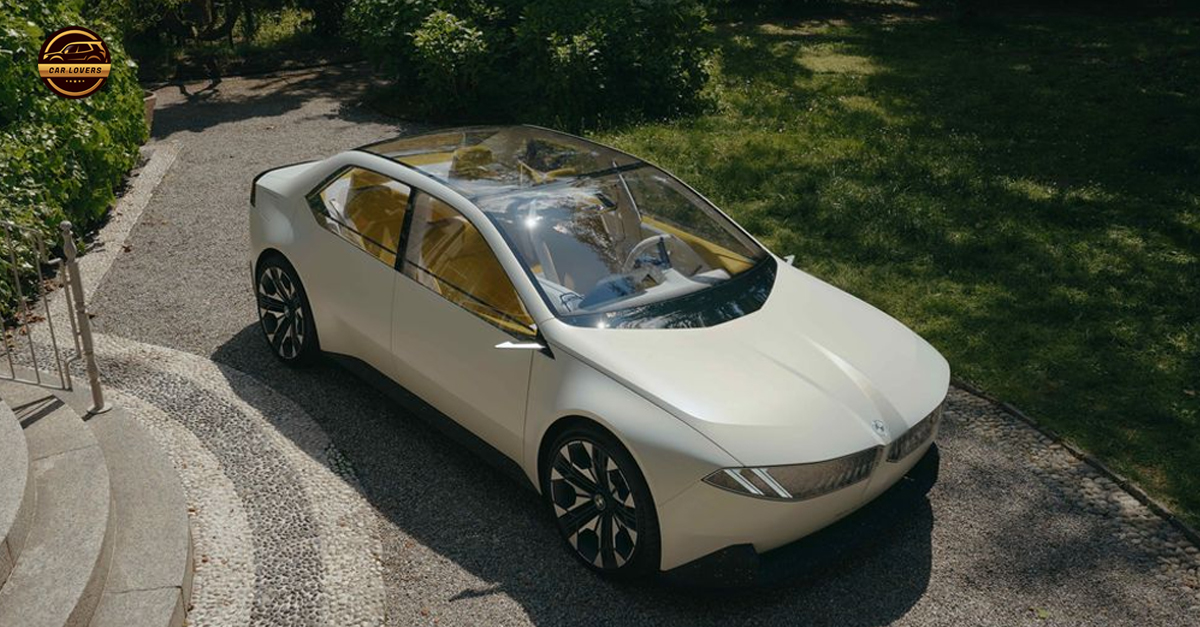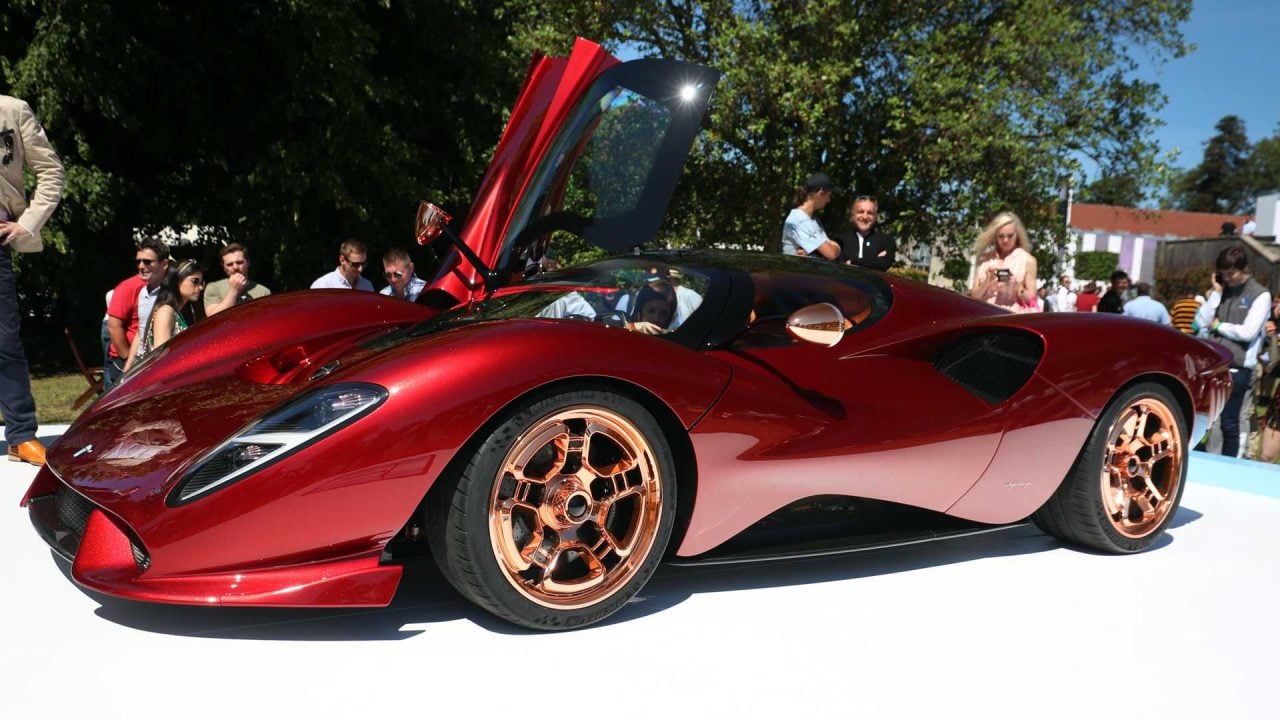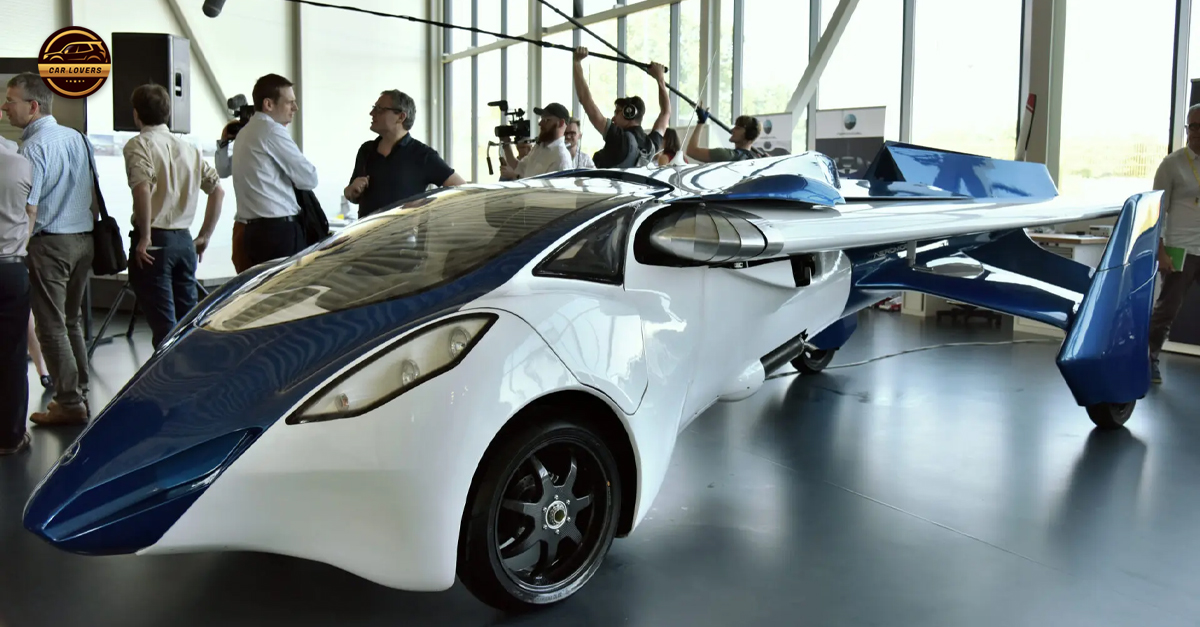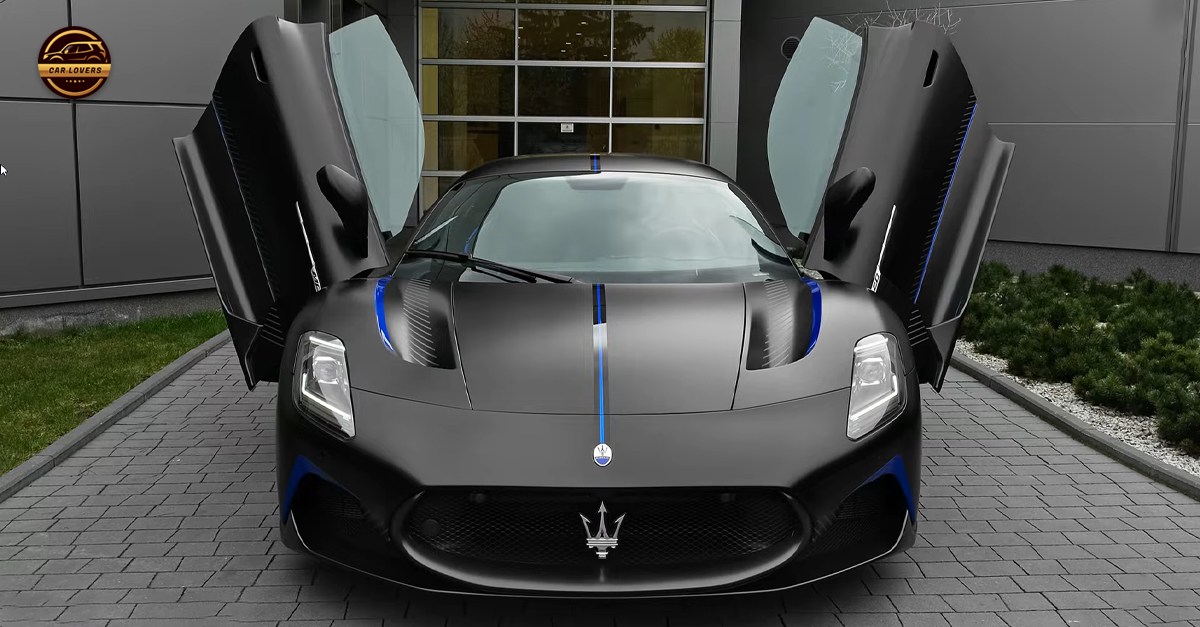Volvo prioritizes the optimal user experience through ongoing software development.
In a recent announcement, Volvo has decided to postpone the production of its highly anticipated electric SUV, the EX90 2024, in order to conduct additional “software testing and development”.

Volvo EX90 is a luxury family car, 7 seats, has an electric range of 482 km and has a starting price of less than 80,000 USD. The electric SUV is expected to enter production by the end of 2023 and hit dealerships in early 2024. However, for now, production won’t start until the first half of 2024. , the Swedish carmaker said in a statement.

“Demand for the Volvo EX90 remains strong, and to ensure vehicle quality and maximize customer benefits from its technology from day one, Volvo Cars needs more time to develop and test. software,” said Volvo.

When first introduced in late 2022, the EX90 stood out as one of the most advanced models ever produced. That is evident in the suppliers that Volvo has chosen to work with to build the software for the electric SUV, including: Nvidia, Luminar, Qualcomm, among others.

But now, the Volvo EX90 is being delayed due to a software problem. Before this move, some partners were quick to deny any involvement in Volvo’s decision. Typically, the Luminar brand has issued a statement that the change in delivery times is “not related to Luminar”.
Luminar is the brand responsible for creating laser sensors called lidar, which can help create 3D maps of the vehicle’s surroundings for active safety and autonomous driving features. Volvo is one of the few automakers to use lidar, which is an essential component of the Swedish carmaker’s drive to completely eliminate traffic fatalities. The operating range of the lidar on the EX90 is 250 meters with the ability to detect small and dark objects, while the car is traveling at high speed on the highway.
This isn’t the first time software issues have hampered vehicle production schedules. Volvo’s XC40 Recharge electric vehicle was also delayed arriving in US ports in early 2021 as the company had to wait to send out important software updates before releasing them to customers and dealers.
Similarly, Volkswagen, Ford and others have had to change their factory plans or issue recalls due to software glitches.
